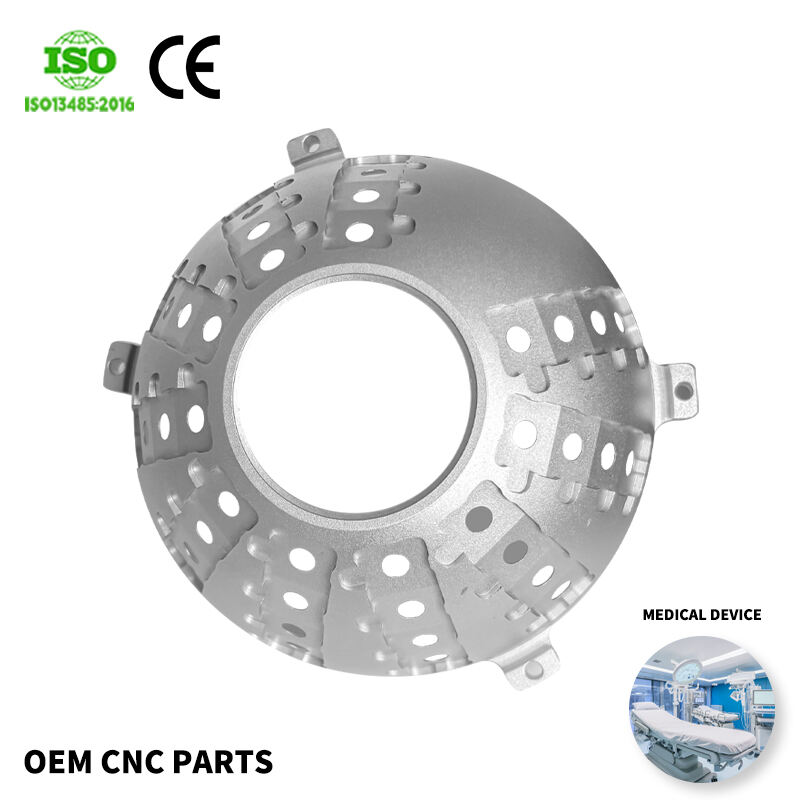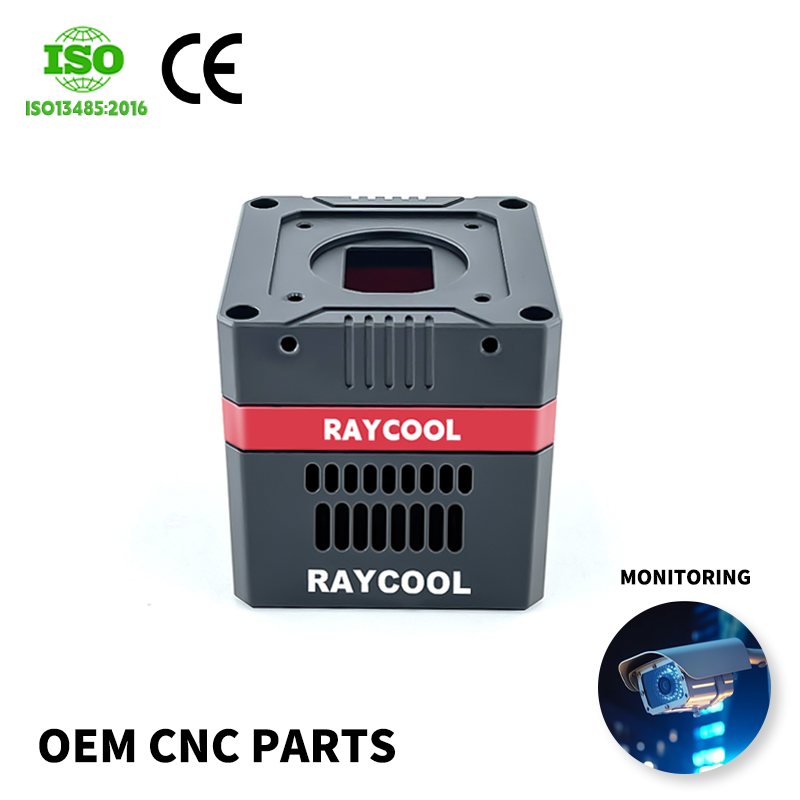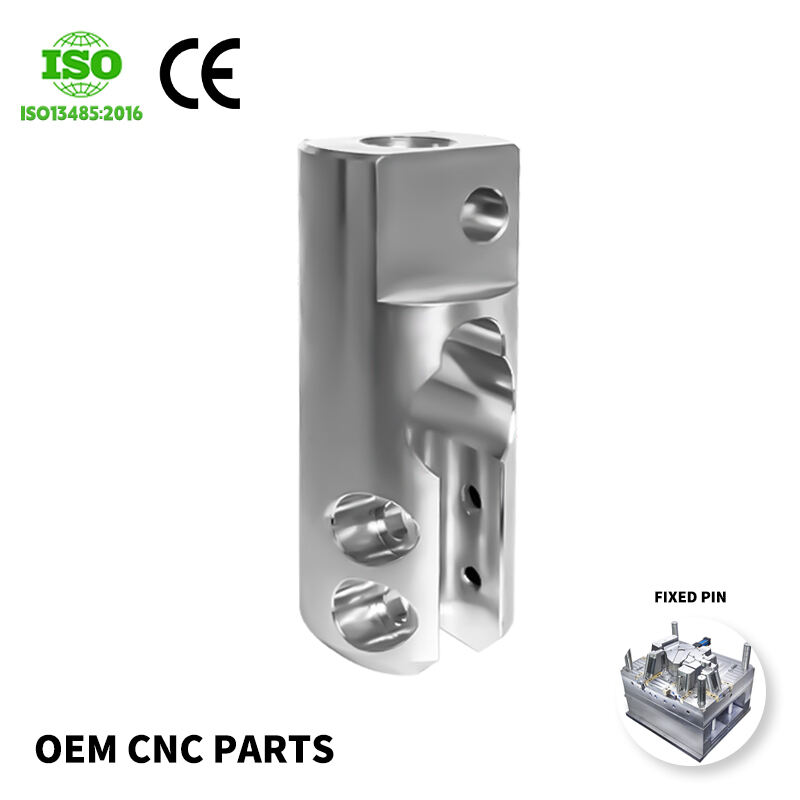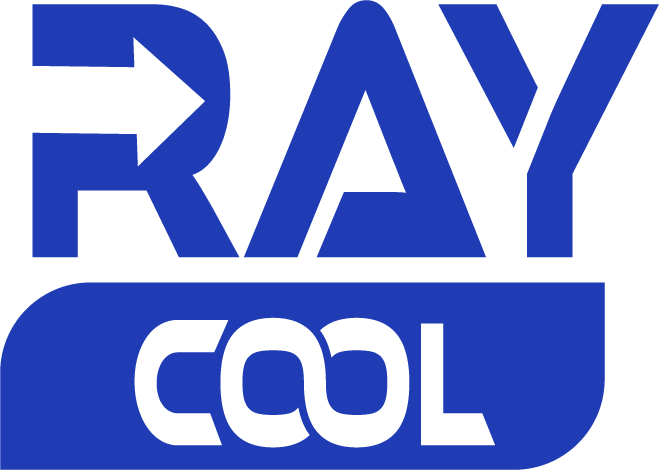prototype plastic parts
Prototype plastic parts represent a crucial element in modern manufacturing and product development processes, offering a bridge between concept and final production. These components are crafted using advanced manufacturing techniques, including 3D printing, injection molding, and CNC machining, to create precise, functional replicas of intended final products. The parts serve multiple purposes, from visual demonstration and fit testing to functional validation and market testing. They incorporate various materials, from standard thermoplastics to engineering-grade polymers, enabling manufacturers to simulate exact product specifications and performance characteristics. These prototypes facilitate comprehensive testing under real-world conditions, allowing for design optimization and refinement before committing to full-scale production. The technology behind prototype plastic parts has evolved significantly, now offering capabilities for complex geometries, multi-material combinations, and sophisticated surface finishes. They play a vital role in reducing development cycles, minimizing costly design modifications, and ensuring product quality meets specified requirements before mass production begins.



